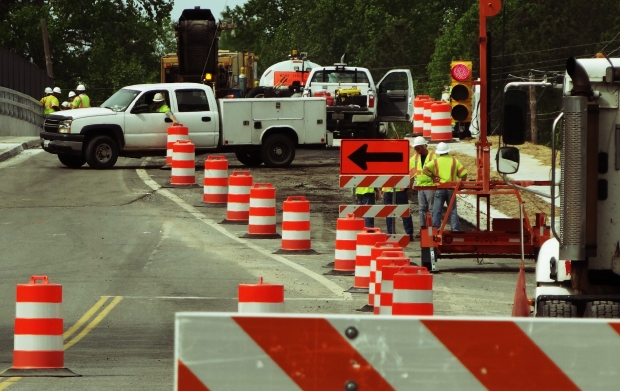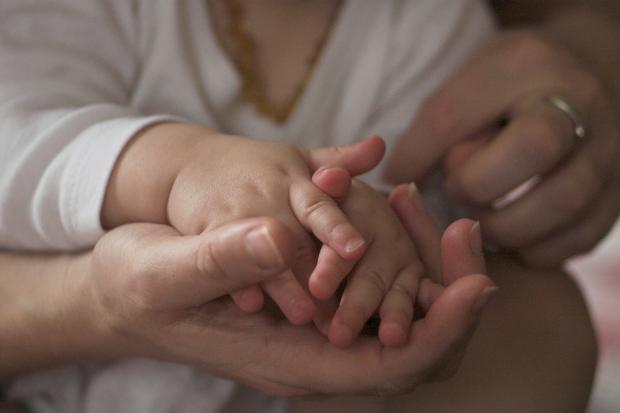Work zone crashes are an incredibly serious problem that continues to plague our Florida roads and highways. The U.S. Department of Transportation reports in a single recent year, there were an estimated 97,000 work zone crashes, an increase of nearly 8 percent from just a year earlier – and a 42 percent rise since 2013.…
Continue reading ›Broward Injury Lawyer Blog
When a Florida drunk driver causes serious injury to his or her passengers, occupants of other vehicles or non-occupants, such as pedestrians and bicyclists, it is likely that driver will be named as a defendant in both a criminal and civil case. As Florida DUI injury lawyers at The Ansara Law Firm can explain, these…
Continue reading ›If you’re interested in filing a will contest in Florida, you do not have an unlimited period of time. The statute of limitations on will contests caps the amount of time in which you have to contact a Florida probate attorney and file any disputes as it relates to a will. This is the case…
Continue reading ›Although medical malpractice is a frequent cause of litigation in Florida courts, plaintiffs in those cases understand there are stringent proof burdens that must be met, notices that must be filed and expert witnesses to be secured. A Florida injury lawsuit filed on the basis of general negligence is often less of an ordeal (and…
Continue reading ›Florida wrongful death cases involving nursing home patients is often the result of sepsis, a blood infection that can stem from untreated bedsores – among other signs of abject nursing home neglect. That’s according to a recent analysis reported by Kaiser Health News, which took note that nursing home resident hospitalizations for sepsis-related care ending…
Continue reading ›In Florida, a living trust (also known as an inter vivos trust) is one probably your best option if you want your estate to avoid probate after you die. Why does that matter? As our South Florida living trust attorneys can explain, it means more of your assets – the things you worked hard for…
Continue reading ›Inflatable bounce houses, bounce pillows, space walkers, moon bouncers and slides – all are increasingly popular at community events and private parties in South Florida, a fun attraction for children to release some of that pent-up energy. However, there is a growing body of evidence that inflatable bounce houses and related amusements are anything but…
Continue reading ›Personal injury law is frequently characterized as something of a circus, full of malingering, greedy “victims,” ambulance-chasing, shamelessly self-promoting injury lawyers and feckless jurors who award outrageous sums for no good reason. These stereotypes are often furthered by those in favor tort reform, which does little to prevent frivolous claims or lower insurance costs. Instead,…
Continue reading ›Employers have a responsibility to provide a safe working environment. Failure to do so may result in a fine by government regulators. Workers’ compensation – the exclusive remedy for employees against their employers for job-related injuries – is paid on a no-fault basis. That means workers who are injured in Florida don’t need to prove…
Continue reading ›Florida probate law pretty clearly establishes the right of children to inherit a portion (or all) of a parent’s estate when he or she dies without a will (intestate estate). Further, Chapter 732 of Florida Statutes doesn’t make any distinction indicating a child born out-of-wedlock is any less entitled to an inheritance than one born…
Continue reading ›


















